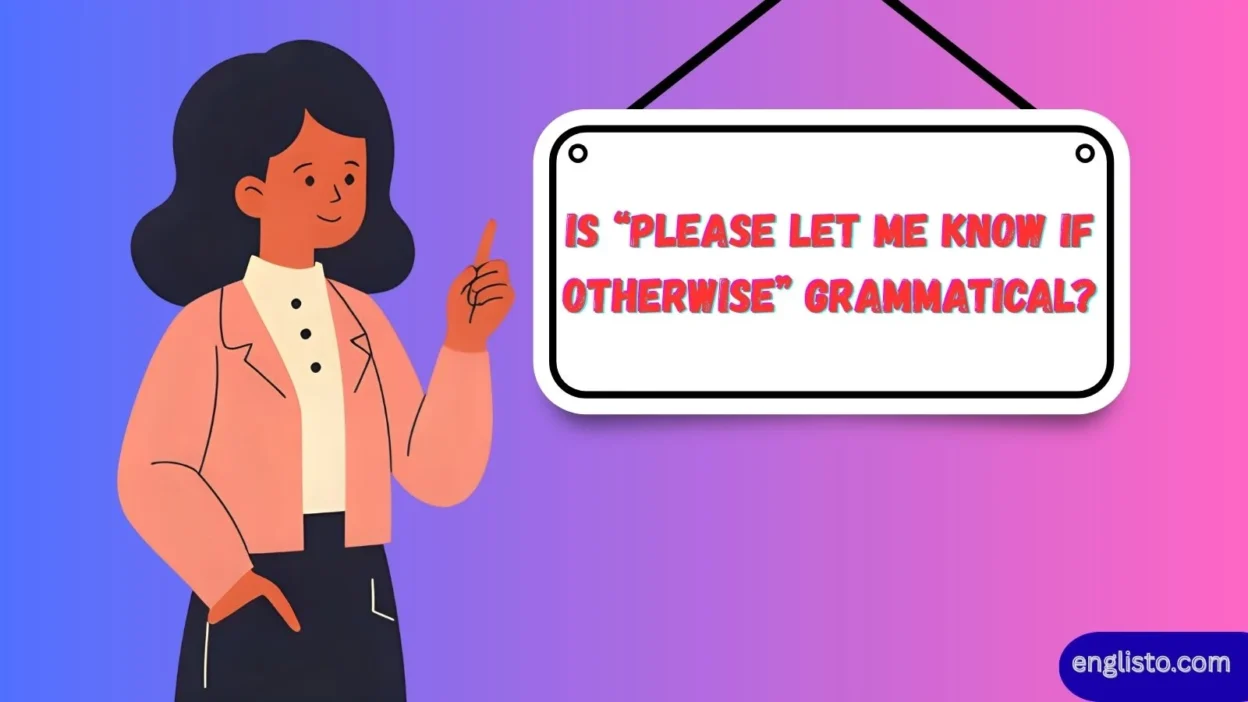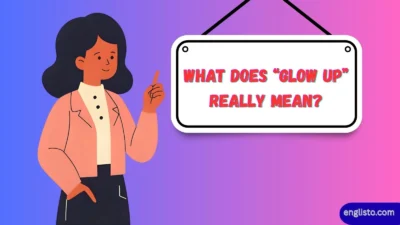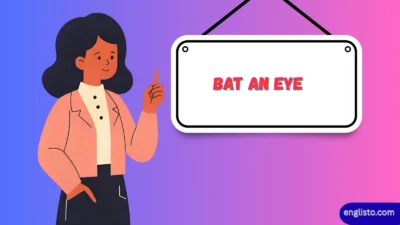Language can be tricky, especially when polite expressions blur the line between grammar and nuance. One such phrase that often causes confusion is Is “Please Let Me Know If Otherwise” Grammatical? You’ve probably seen it in emails, reports, or office chats — it sounds polite and professional, but is it actually correct?
Let’s break this down carefully. We’ll explore what it means, how it’s used, and whether it’s grammatically sound. You’ll also learn natural alternatives that sound smoother, clearer, and more confident in real-world communication.
Understanding the Phrase “Please Let Me Know If Otherwise”
At first glance, this phrase seems polite — it starts with please, includes a familiar let me know, and ends with if otherwise, which sounds formal. But the trouble lies in the vagueness of “otherwise.”
Let’s analyze its components:
| Part | Meaning | Notes |
| Please | A polite marker | Softens a request |
| Let me know | Ask someone to inform or update you | Common in business and polite conversation |
| If otherwise | If the situation is different / if not the case | Vague when left without context |
When combined, “Please let me know if otherwise” literally means:
“Please inform me if the situation is different from what I assume.”
That seems fine, right? The issue is that English expects clarity — “otherwise” always needs a reference point. If the context isn’t clear, the reader may wonder: Otherwise than what?
Why “Please Let Me Know If Otherwise” Sounds Off
Although not technically ungrammatical, the phrase feels incomplete or awkward because it leaves out the comparison that “otherwise” refers to. English speakers naturally expect a contrast.
Consider this example:
“I’ll assume the meeting is at 3 PM. Please let me know if otherwise.”
Grammatically, it’s passable. But stylistically, it’s clunky and unclear. A native speaker would almost always phrase it differently:
✅ “I’ll assume the meeting is at 3 PM unless you tell me otherwise.”
✅ “Please let me know if that’s not the case.”
✅ “Let me know if the time changes.”
See the difference? These alternatives are clear, conversational, and natural — qualities that make writing sound confident and fluent.
The Grammar Behind “Otherwise”
To decide if the phrase works, let’s look at “otherwise” grammatically.
| Function | Role | Example |
| Adverb | Means differently or in another way | “We expected rain, but it turned out otherwise.” |
| Conjunction (informally) | Means if not or or else | “Pay the bill; otherwise, your service will be cut off.” |
| Pronoun (rare) | Refers to a different situation | “He’s not guilty, but the evidence suggests otherwise.” |
In “Please let me know if otherwise,” otherwise acts as an adverb, but there’s no clear preceding clause to modify. That’s what makes it feel abrupt and context-dependent.
For example:
“Please let me know if otherwise” = “Please tell me if (something) is different.”
But what’s that something? Unless you specify it earlier, the sentence leaves your reader guessing.
Common Contexts Where People Use It
This phrase shows up often in emails, business communication, and formal messages, such as:
“I’ll proceed with the design draft. Please let me know if otherwise.”
“We’ll deliver the shipment on Monday. Please let me know if otherwise.”
Both sound polite — but slightly robotic or incomplete. A smoother approach would be:
| Original | Natural Alternative |
| “Please let me know if otherwise.” | “Please let me know if you have any concerns.” |
| “Please let me know if otherwise.” | “Please tell me if that’s not correct.” |
| “Please let me know if otherwise.” | “Let me know if plans change.” |
The difference may seem subtle, but it dramatically improves clarity, tone, and readability — key qualities for professional writing.
Politeness vs. Precision: Striking the Balance
Sometimes, we overuse polite-sounding expressions to avoid sounding demanding. “Please let me know if otherwise” sounds polite, but the politeness comes at the cost of precision.
A professional email should be:
- Polite (use “please” or “thank you”)
- Precise (state exactly what you want)
- Action-oriented (make it easy for the reader to respond)
Here’s how you can balance these elements:
| Weak Example | Improved Version |
| “Please let me know if otherwise.” | “Please let me know if I should do something different.” |
| “Let me know if otherwise.” | “Kindly confirm if this works for you.” |
| “I’ll proceed as planned. Please let me know if otherwise.” | “I’ll go ahead with this plan unless you advise differently.” |
Notice how each improved version tells the reader exactly what to do and when to respond — no guesswork required.
Synonyms and Alternatives for “Otherwise”
If you want to express contrast or conditional meaning more clearly, use one of these options instead.
| Meaning | Natural Alternatives | Example |
| If not | unless / if not / if that’s not the case | “I’ll send the email unless you prefer to handle it.” |
| In another way | differently / in a different manner | “Please let me know if you’d like it phrased differently.” |
| Or else | alternatively / instead | “Alternatively, we can meet tomorrow.” |
These words sound more specific and modern, helping your sentences flow naturally without ambiguity.
Real-Life Examples: Awkward vs. Natural
Let’s look at real-world comparisons:
| Awkward | Natural |
| “We’ll assume the issue is resolved. Please let me know if otherwise.” | “We’ll assume the issue is resolved unless you tell us otherwise.” |
| “I’ll proceed with the payment. Let me know if otherwise.” | “I’ll proceed with the payment unless you advise differently.” |
| “I’ll book the tickets. Please let me know if otherwise.” | “I’ll book the tickets. Please let me know if you’d like a different option.” |
In every example, the natural version adds a specific point of contrast, making the tone smoother and the meaning unmistakable.
Expert Tip: Use “Unless” Instead
The word “unless” often replaces “if otherwise” naturally.
- “Unless” means except if, and it’s clear, concise, and idiomatic.
- It fits perfectly in polite business English.
Compare:
✅ “Please let me know if otherwise.”
✅ “Please let me know unless that’s not the case.”
✅ “Please let me know unless you have other instructions.”
The second and third options are instantly more natural.
Idiomatic Alternatives and Native-Like Expressions
If you want to sound fluent and polished, try using idiomatic English instead of literal translations.
Here are some natural substitutes:
- “Let me know if that doesn’t work for you.”
- “Keep me posted if there’s any change.”
- “Give me a heads-up if something’s different.”
- “Touch base if things shift.”
- “Drop me a line if plans change.”
Each of these is friendly, human, and natural — perfect for emails, work chats, or casual messages.
Common Mistakes to Avoid
- Leaving “otherwise” hanging.
Don’t use it without a clear reference.
❌ “Please let me know if otherwise.”
✅ “Please let me know if that’s not correct.” - Being overly formal.
Over-politeness can sound stiff or insincere.
❌ “Kindly let me know if otherwise at your earliest convenience.”
✅ “Please let me know if I should make any changes.” - Mixing tenses or tone.
Stay consistent in tone — either formal or casual, not both.
❌ “Hey, please let me know if otherwise, sir.”
✅ “Hey, let me know if anything changes.”
Quick Reference: When to Use “Otherwise” Correctly
| Situation | Correct Use of “Otherwise” | Example |
| Giving a condition | “…unless told otherwise.” | “I’ll stay until told otherwise.” |
| Expressing difference | “…turned out otherwise.” | “We expected success, but it turned out otherwise.” |
| Warning or alternative | “…otherwise, we might fail.” | “We must hurry; otherwise, we’ll miss the deadline.” |
Notice that “otherwise” always follows or refers to a specific situation. That’s why “if otherwise” feels odd — it tries to stand alone without context.
Professional Alternatives for Emails
Here are polished replacements that work in formal and semi-formal emails:
| Tone | Suggested Alternative | Example Sentence |
| Formal | “Please advise if this is not correct.” | “I’ll assume the invoice is approved; please advise if this is not correct.” |
| Neutral | “Let me know if that’s not the case.” | “I’ll proceed with the proposal; let me know if that’s not the case.” |
| Casual | “Tell me if anything changes.” | “I’ll go ahead with the plan — tell me if anything changes.” |
These phrases feel authentic, clear, and polite, which is the ideal tone for modern business English.
How Native Speakers Actually Use It
In everyday English, native speakers rarely say “Please let me know if otherwise.”
Instead, they use one of these patterns:
- “Unless you tell me otherwise…”
- “If that’s not the case…”
- “If you have other thoughts…”
- “If there’s any change…”
For example:
“I’ll continue with the current schedule unless you tell me otherwise.”
“Let me know if you have a different opinion.”
These sound far more natural — direct yet courteous.
Summary: Is “Please Let Me Know If Otherwise” Grammatical?
Technically, yes — it’s grammatically permissible. But in real-world communication, it’s better avoided. The phrase is vague, stiff, and lacks the clarity that fluent English demands.
Here’s a quick recap table:
| Aspect | “Please Let Me Know If Otherwise” | Better Alternatives |
| Grammaticality | Technically correct | Yes |
| Clarity | Weak / vague | Clear and direct |
| Tone | Polite but stiff | Natural and confident |
| Usage | Rare in modern English | Replaced by “unless you tell me otherwise,” etc. |
Final Thoughts
Language isn’t just about rules — it’s about connection. While “Please let me know if otherwise” ticks some grammatical boxes, it fails the clarity and tone test that modern English communication values.
When writing emails or professional messages, go for options like:
- “Please let me know if that’s not correct.”
- “Let me know if you’d prefer something else.”
- “Unless you tell me otherwise, I’ll proceed as planned.”
These are friendly, precise, and idiomatic — the hallmarks of polished, confident English.
So the next time you’re tempted to write “Please let me know if otherwise,” take a second look. A few extra words can turn an awkward phrase into clear, effective communication — and that’s the mark of a truly fluent writer.



